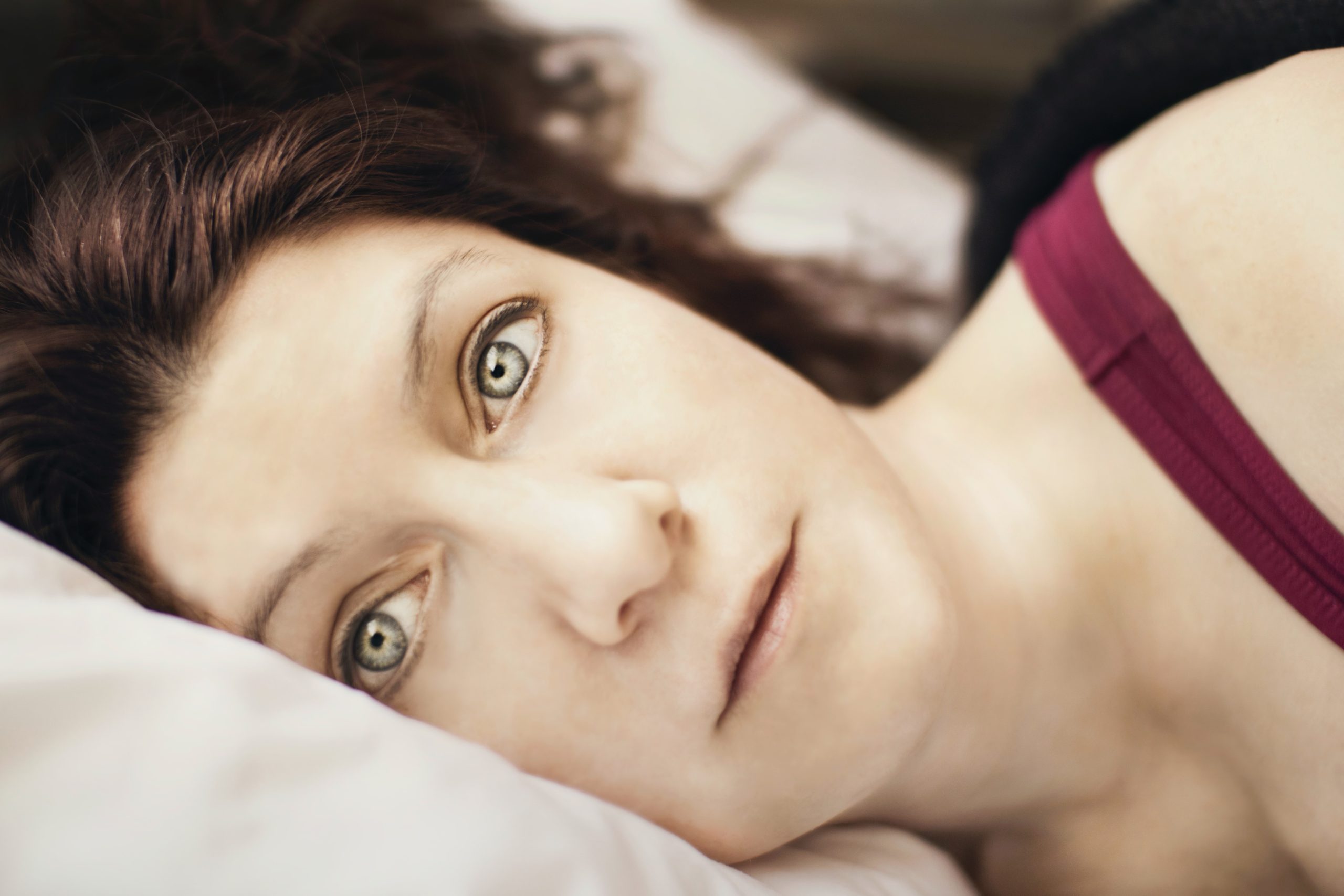Getting a good night’s sleep is fundamental to our health and wellbeing.Yet if you find it difficult to sleep, you’re not alone. Insomnia affects 1 in 3 people in the UK and every year 200,000 working days are lost to insufficient sleep.
A number of factors can affect sleep quality, including of course any aches and pains in your joints and muscles. Insomnia, in turn, makes pain management more difficult.
Our osteopaths offer 5 top tips to support good sleep. If you have difficulty sleeping, do book an appointment with one of our team. Your osteopath will review the advice below, and can recommend an exercise plan for any soft tissue and joint problems preventing a good night’s sleep.
Stick to a routine
It’s tempting, on your days off, to lie in and go to bed late. But this can interfere with your body’s capacity to create the chemicals you need to drift off to sleep. Try to get up in the morning at the same time each day, and go to bed at roughly the same time.
Regular exercise
Avoid screen time before bed
Keep television and computer screens out of the bedroom, and avoid blue light from tablets. Blue light disrupts the manufacture of melatonin, the chemical we need to help us sleep. It can also interfere with slow-wave sleep, the type of sleep we need to feel really rested when we wake up.
Do a brain dump
An hour or so before you go to bed, write down all those nagging thoughts in your head, into a journal or notebook. Shopping lists, task lists, gratitudes you feel, books you want to read – write it all down to clear your head before you wind down for bedtime. That way you can more easily just let go into sleep.
Don't eat too much, too late
Eating heavy food or spicy meals late in the evening can both make it difficult to fall asleep, and disturb your sleep through the night. Try to eat early in the evening, and if you need to drink something, make sure it’s not a caffeinated drink. While alcohol may make you feel sleepy, in the long-term it will interfere with the quality of your sleep.

